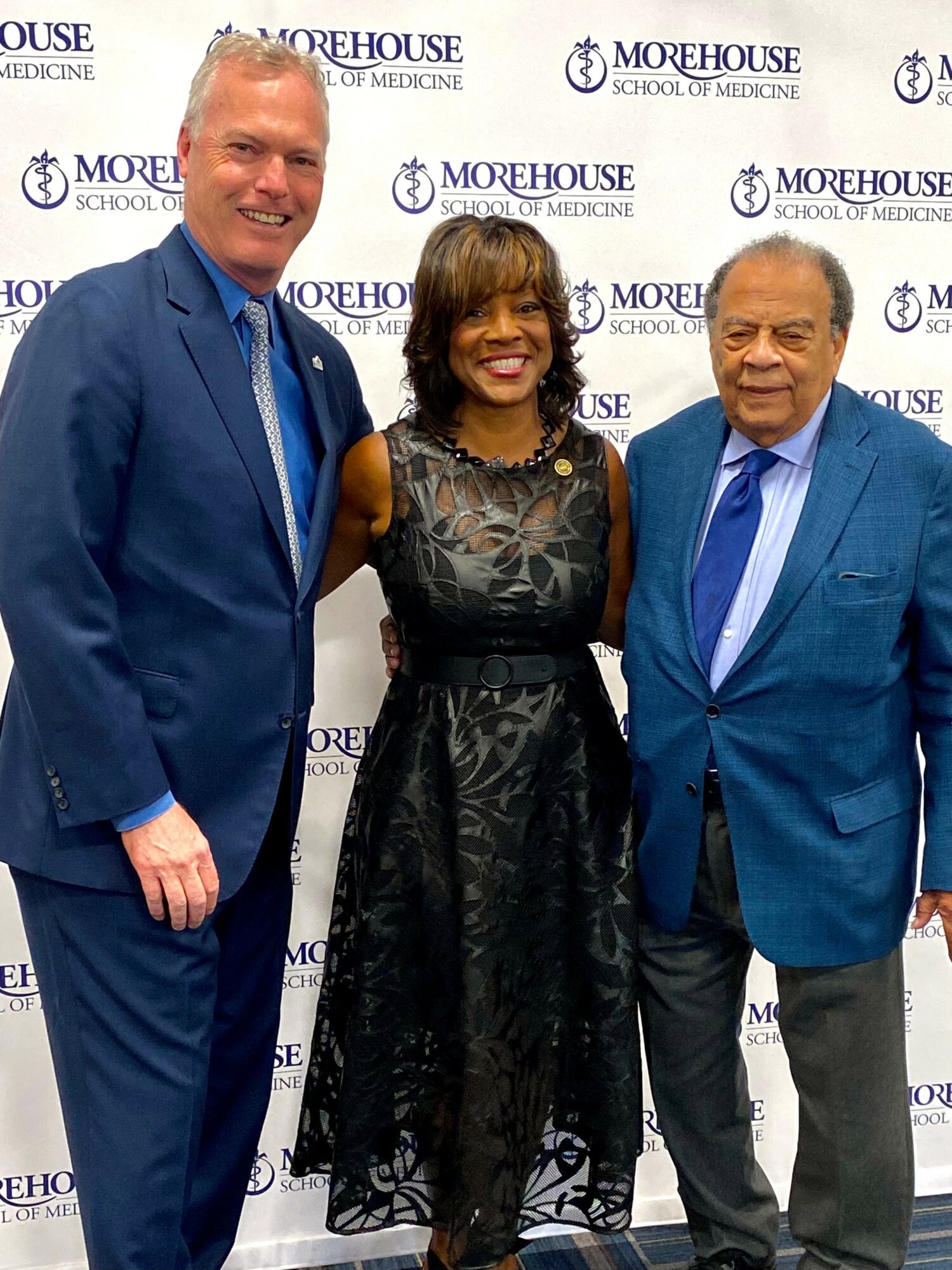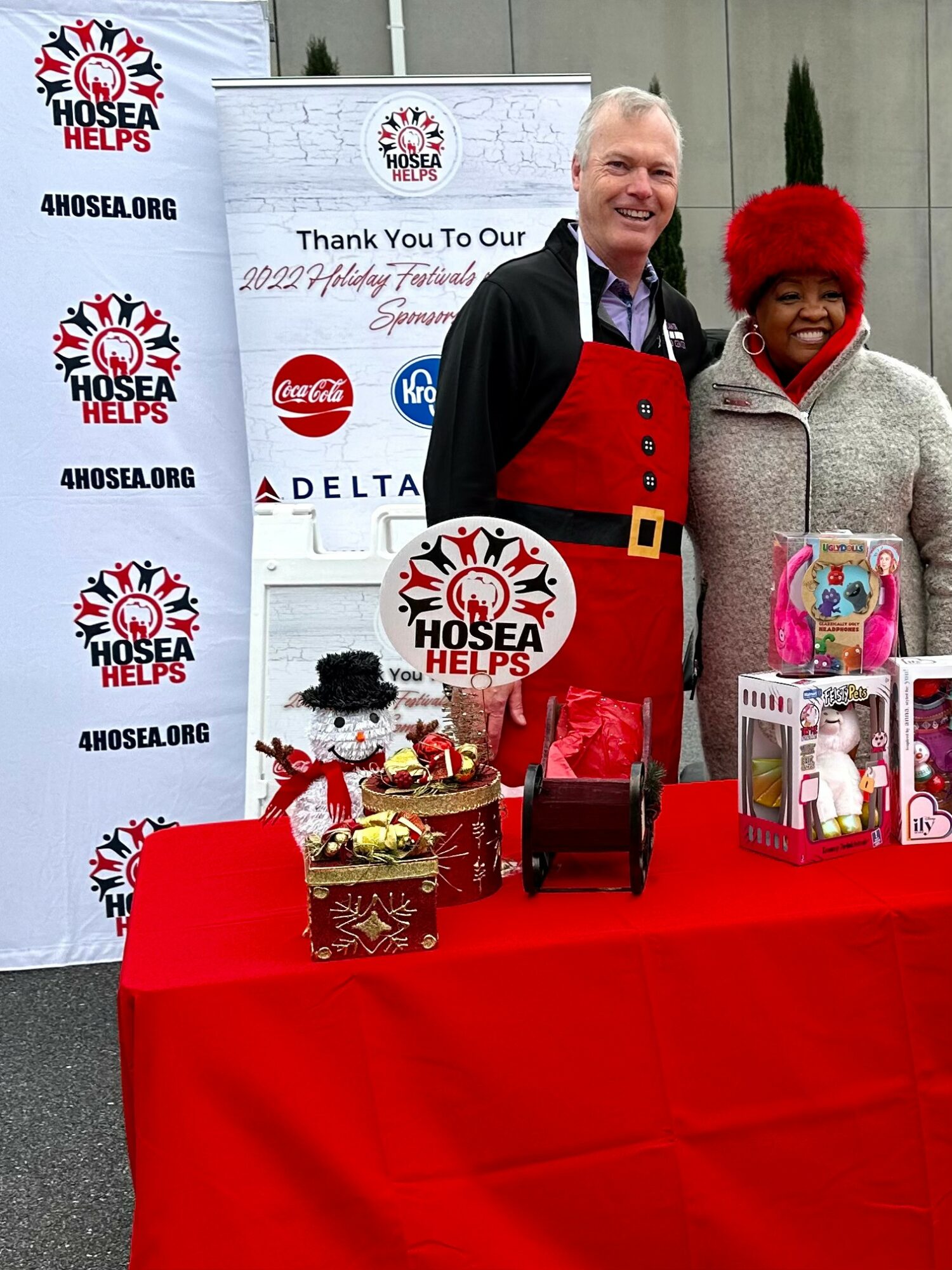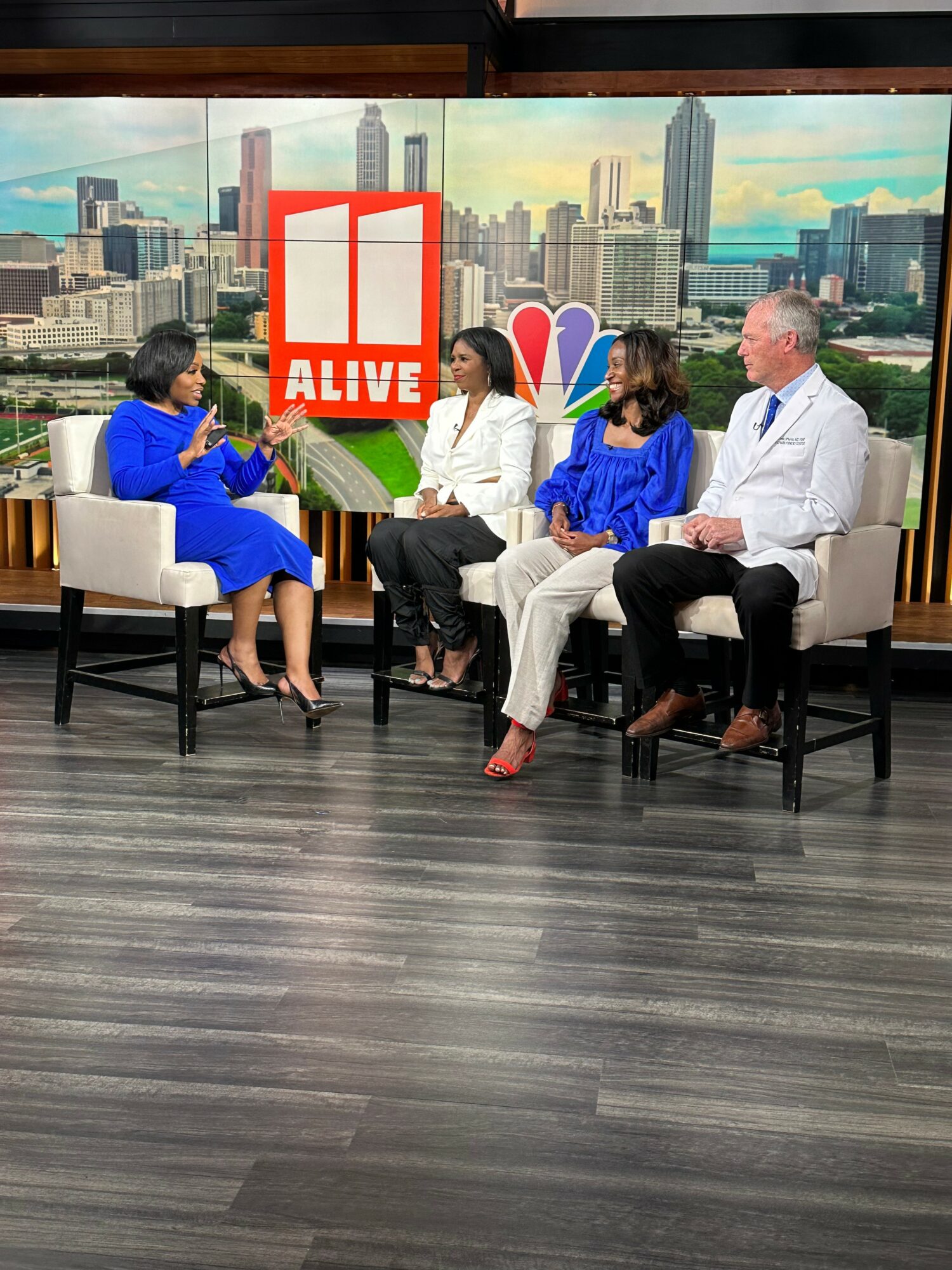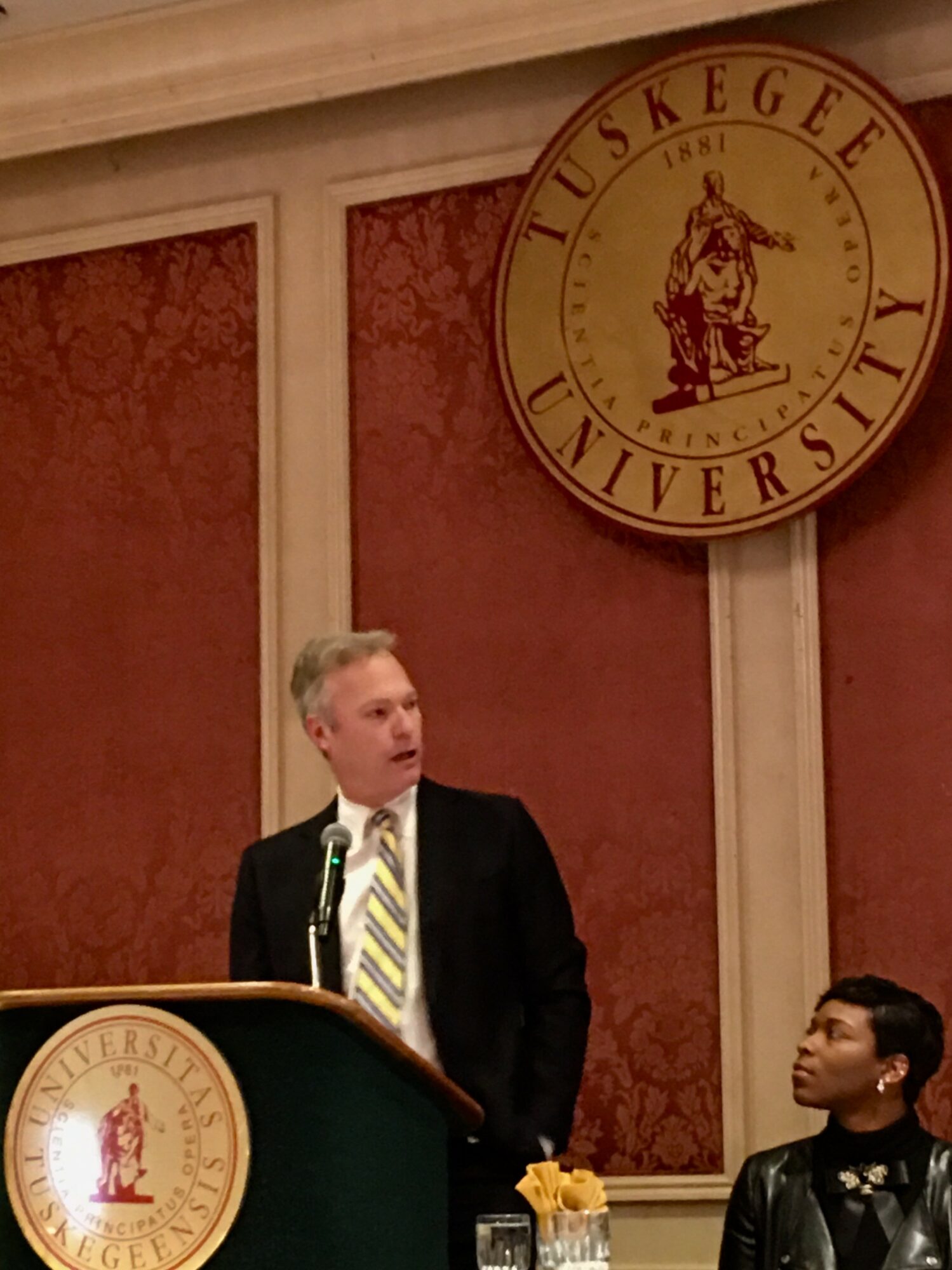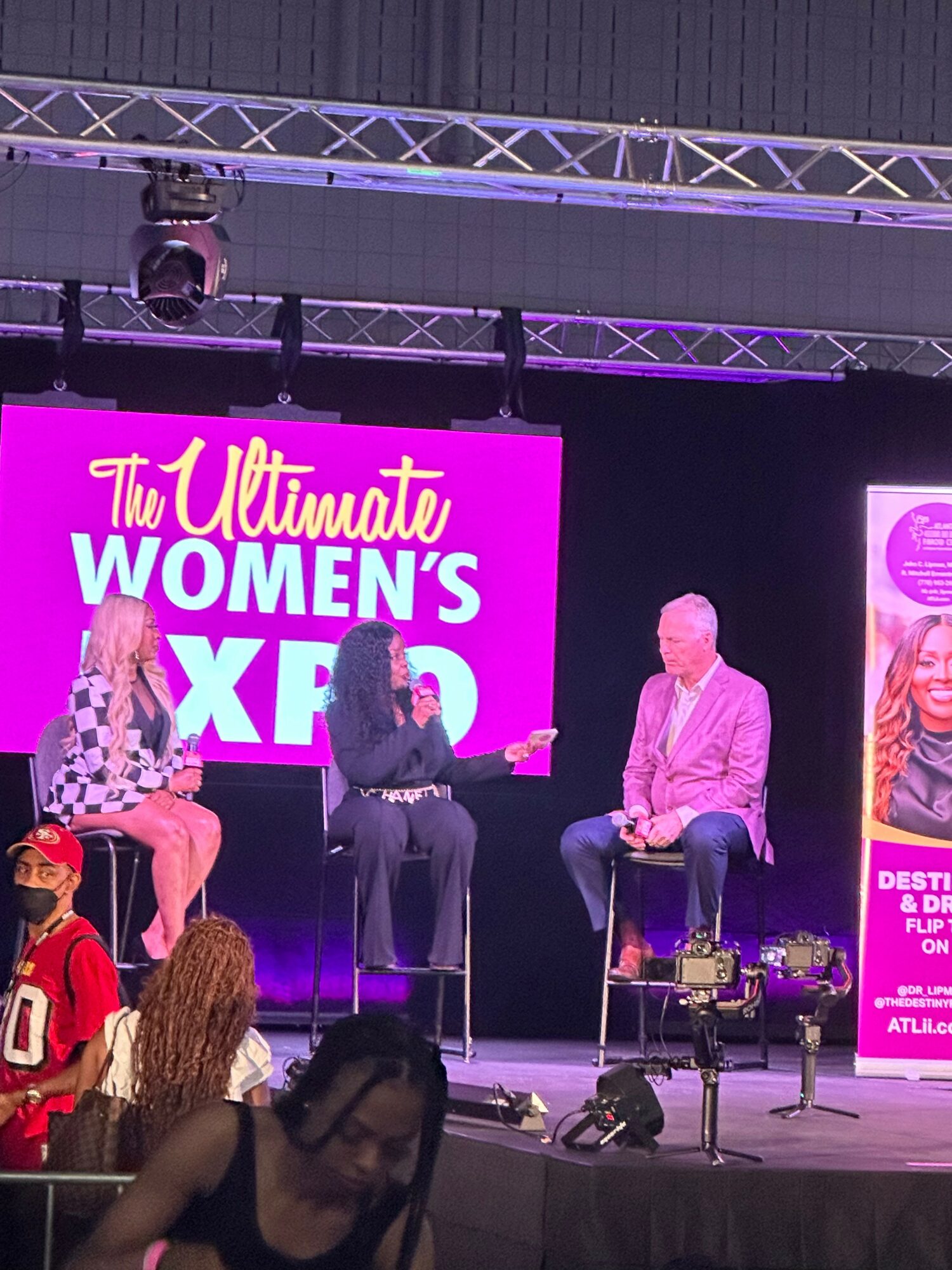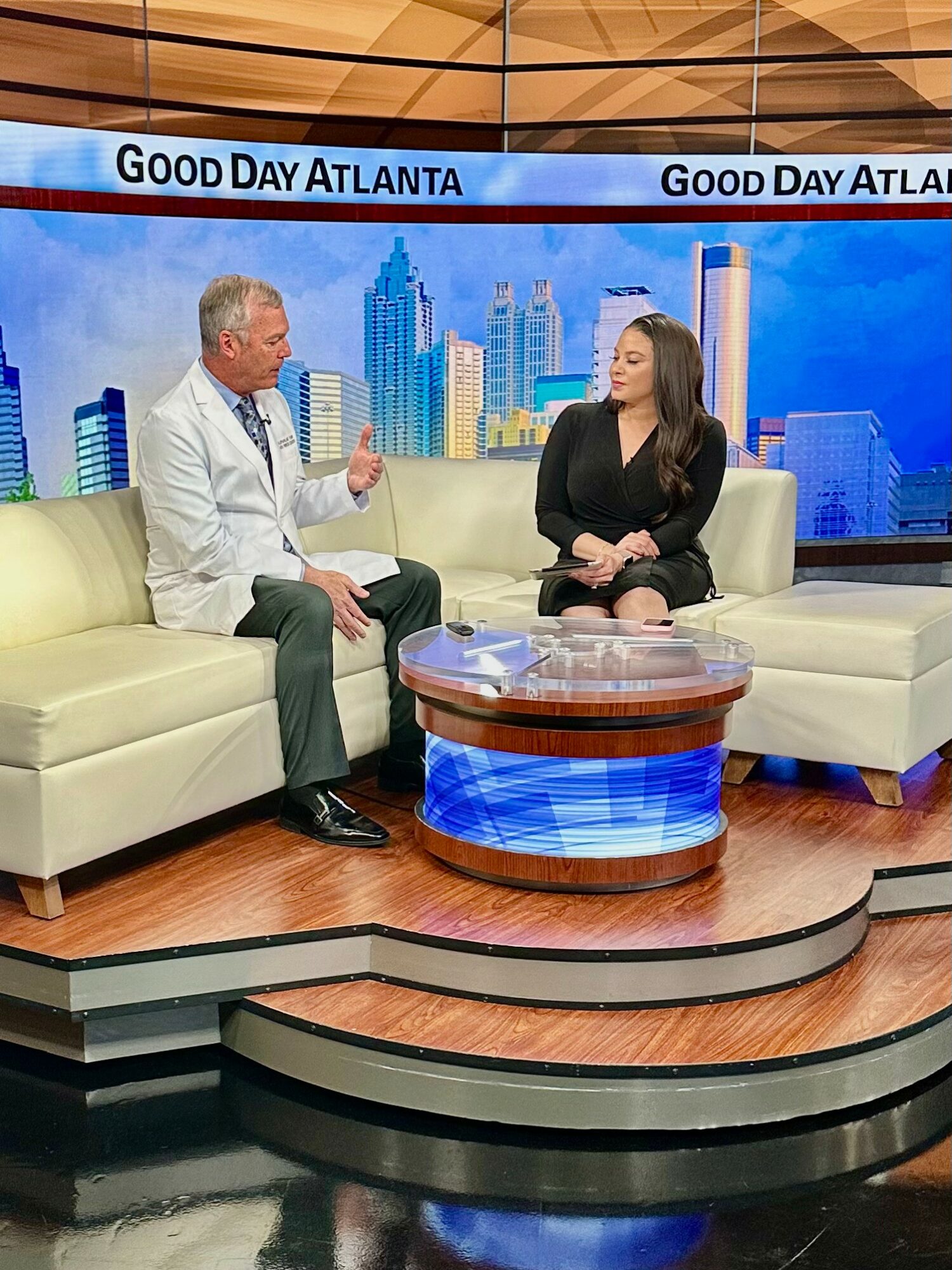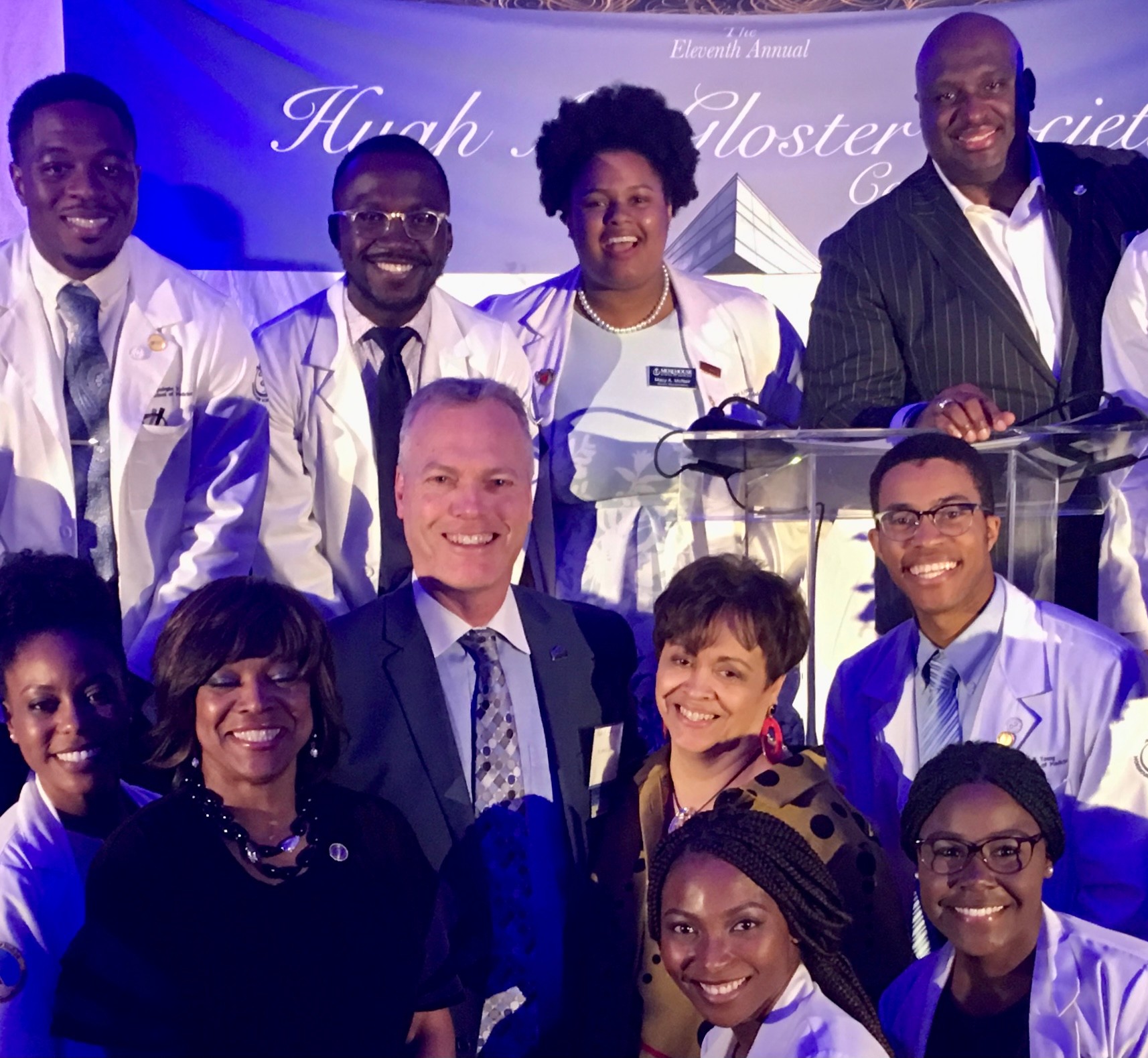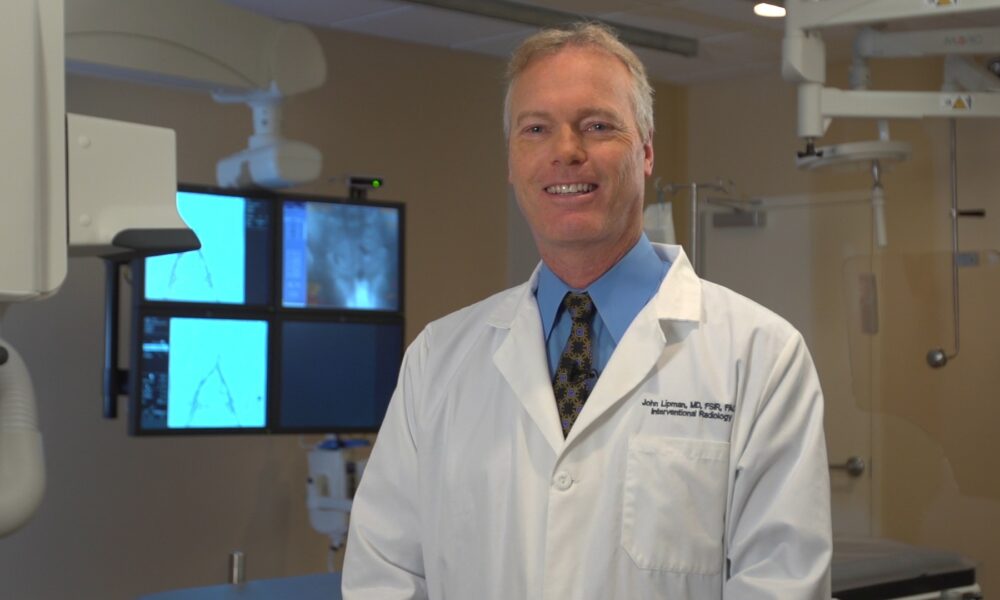

Today, we’d like to introduce you to John Lipman, MD.
Hi John, thanks for sharing your story with us. To start, maybe you can tell our readers some of your back story.
My life’s work started with the discovery of a nonsurgical, outpatient medical procedure that replaces hysterectomy for women suffering from uterine fibroids. The procedure is called Uterine Fibroid Embolization (UFE). UFE is one of the biggest medical breakthroughs for women, particularly women of color who disproportionately suffer from uterine fibroids.
Most women suffering from fibroids are not offered UFE as a treatment option, even though it is a much safer and less invasive procedure than surgery. It also allows women to avoid the risks and long recovery of surgery and keep their uterus. This is something that is underappreciated by many physicians. For over the past 25 years, I have been educating women about UFE and encouraging them to get a second opinion from an Interventional Radiologist, who are the physicians that perform UFE.
We perform UFE at the Atlanta Fibroid Center, a state-of-the-art medical facility that was designed to serve women. It is a Fibroid Center of Excellence; having performed more UFE procedures than anyone in the Southeast. Patients have traveled from across the country (and sometimes beyond) for our expertise. Because of our extensive experience, we are on the cutting edge of this procedure and have participated in some of the most significant clinical research in UFE.
Alright, let’s dig a little deeper into the story – has it been an easy path overall, and if not, what challenges have you had to overcome?
One of the many challenges in treating women with uterine fibroids is that no one knows where fibroids come from. There has been very little research funding into fibroids, and it is one of many health disparities that need to be corrected.
In 2020, $18 million dollars were spent on fibroid research, which ranks in the bottom 50 of 300 top medical conditions. This is despite the fact that ~80% of women of color suffer from fibroids, and ~26 million women are affected with fibroids. This translates to 69 cents of research money per person affected. Contrast this with a condition that affects primarily Caucasian individuals: cystic fibrosis. Even though the overall cost to society is far less (~$1 billion vs. ~$35 billion for fibroids) and it affects far fewer individuals (~30,000 versus ~26 million), cystic fibrosis commanded $94 million dollars in research funding: $3,000 per person affected.
I have tried to do what I can to rectify this inequity. Earlier this year, I made a major donation to the SIR Foundation, focusing on advancing uterine fibroid research. https://www.sirweb.org/media-and-pubs/media/news-release-archive/sir-2023-sirfoundationgift-03062023/. We are also advocating for the passage of the Stephanie Tubbs Jones Fibroid Research & Education Act, which provides the NIH $30 million dollars/year for the next five years for fibroid research and also directs the CDC to develop educational materials for healthcare providers and the public on uterine fibroid treatment options.
Thanks – so, what else should our readers know about Atlanta Fibroid Center?
Dr. John Lipman is a double Board-certified Interventional Radiologist and renowned authority on the nonsurgical treatment of uterine fibroids. I have dedicated my life’s work to eradicating unnecessary hysterectomies for benign fibroids. Uterine fibroids are the most common pelvic tumor in women. While they are benign, they cause significant issues for many women.
Menstrual periods lasting for 1-2 weeks each month, episodes of blood pouring down their legs, or passing fist-sized blood clots are just some of the symptoms these women endure. They often cannot work for several days each month due to disability and embarrassment of this condition.
They can also cause pelvic pain and pressure, increased urinary frequency, and even urinary incontinence. Fibroids are 3x more prevalent in African American women than Caucasian women, these women have a compromised quality of life and impairment in many domains including work productivity, sexuality, self-image, relationships, and social, emotional, and physical well-being. Unfortunately, most women are only offered one option for relief: surgery.
While hysterectomy does end a woman’s fibroid problem, it comes at a very steep price. Women facing this decision are typically in their thirties and forties (sometimes in their twenties), and losing one’s uterus at this age can be devastating, even if the women have completed childbearing. The “after-effects” of hysterectomy include depression and despair from losing the womb, loss of sexual desire, urinary incontinence, and immediate menopause.
However, Uterine Fibroid Embolization (UFE) is a nonsurgical, outpatient procedure outpatient procedure we perform at the Center I founded: The Atlanta Fibroid Center at the Center he founded: The Atlanta Fibroid Center. UFE provides the solution women are looking for and is covered by all insurance providers. UFE is a revolutionary outpatient medical procedure and does not involve a hospital, a surgeon, or a robot. Dr. Lipman and the Atlanta Fibroid Center (AtlantaFibroidCenter.com) have the largest UFE experience in the Southeastern United States. UFE has a long track record of safety and efficacy (over 25 years!). Patients experience relief of symptoms in 90% of cases and completely avoid the risks and long recovery of surgery.
Patients are discharged after a several-hour recovery with just a band-aid. They will recover at home for several days and return to work typically in less than one week (versus a typical two-month hiatus with surgery). Therefore, compared to surgery, UFE is safer, less invasive, has a much shorter recovery, and the woman keeps her uterus and preserves her fertility!
We’re very proud of the care our outstanding team provides for our patients, the transformation of these suffering patients to a normal life, and even seeing children being born after UFE, many of whom were told that that children would not be possible. I am also very proud of the philanthropic work my wife Jayne and I have done in the Atlanta community
What do you like best about our city? What do you like least?
What I like most about Atlanta is its rich history and diversity, arts/restaurants/cultural opportunities, and its warm climate, what I like least about Atlanta is the traffic!
Contact Info:
- Website: ATLii.com
- Instagram: @Dr_Lipman
- Facebook: https://www.facebook.com/ATLii7/
- Linkedin: https://www.linkedin.com/in/john-lipman-md-fsir-24350511/
- Youtube: https://www.youtube.com/channel/UCJ8yIasGqT_hiyqsMUHl0dA
